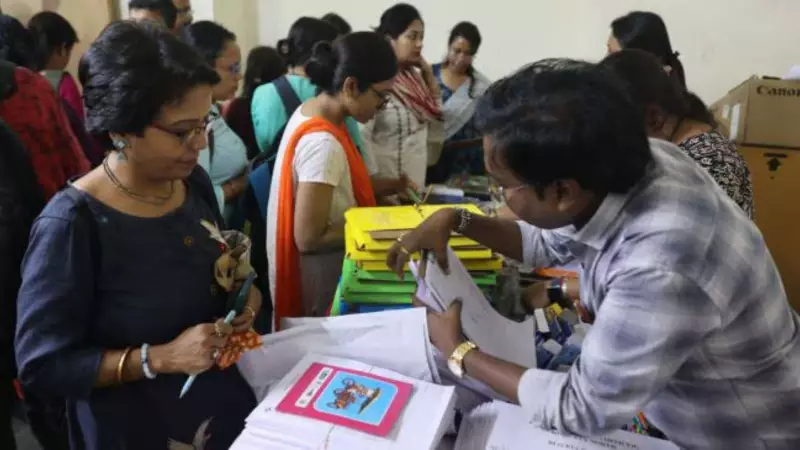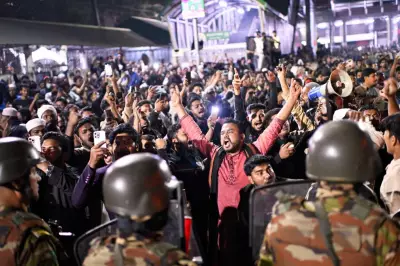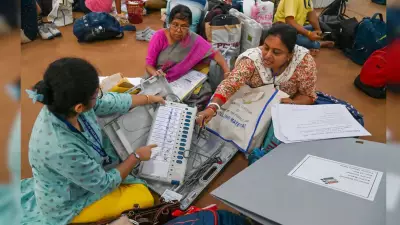
The Supreme Court of India has expressed strong support for the Election Commission's position on protecting voter data privacy, while proposing innovative solutions to balance transparency and security concerns.
Court's Privacy Concerns and Password Proposal
During hearings on Tuesday, November 12, 2025, the apex court raised significant concerns about making complete voter lists available in machine-readable format. The bench, comprising Justice Surya Kant and Justice Joymalya Bagchi, suggested that each voter could be provided with password-protected access to view only their individual data rather than exposing the entire database.
Justice Bagchi emphasized that voter data represents a valuable asset that requires protection from potential mining by third parties. "It prejudices per se, data available at large for mining by any agency. This raises issues of individual privacy and collective protection of data of Indian citizens," the judge observed during the proceedings.
Legal Battle Over Electoral Roll Access
The case emerged from petitions challenging the Special Intensive Revision (SIR) of electoral rolls in multiple states, including West Bengal, Tamil Nadu, and Puducherry. Advocate Prashant Bhushan, representing NGO Association for Democratic Rights (ADR), argued that the Election Commission was refusing to provide the 2003 voters' list in machine-readable form.
Bhushan contended that machine-readable format would not enable manipulation of the list and would facilitate easier verification by voters. However, the court countered this argument with a compelling analogy from Justice Bagchi: "Mr. Bhushan, you lock your house, still then the lock can be broken. Would that be a justification not to lock the house?"
Technical Solutions and Future Directions
The Supreme Court proposed a middle-ground solution where individual voters could access encrypted databases using personal passwords to verify their information during the SIR process. This approach would maintain data security while allowing citizens to confirm their registration details.
Additionally, the court endorsed Bhushan's suggestion for the Election Commission to implement deduplication software to eliminate duplicate entries from voter lists. Justice Surya Kant described this as "a good suggestion" and directed the Commission to respond to this proposal.
The bench has scheduled the next hearing for November 26, 2025, and has requested High Courts to defer similar petitions until the Supreme Court delivers its final verdict on the legality of the SIR process across various states.





